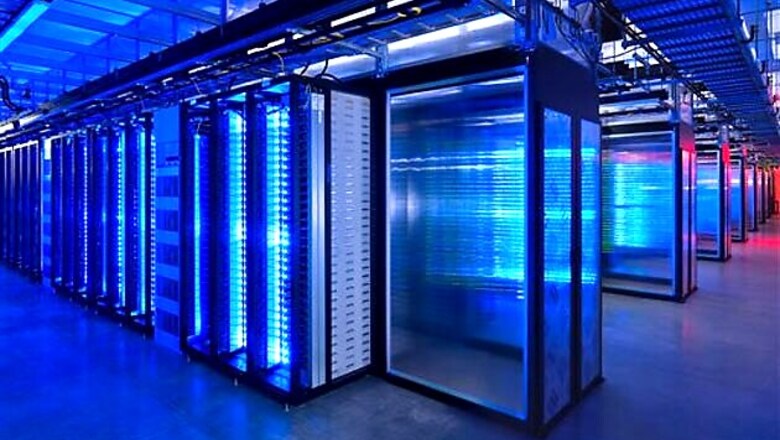
views
New Delhi: Snubbing reports that the US National Security Agency (NSA) and the FBI are "tapping directly into the central servers of nine leading US Internet companies" through a secret program known as PRISM, new reports have surfaced claiming the NSA never had direct access to the servers of the major tech companies.
According to a new report from CNET, those reports are not true and are based on a misreading of a leaked Powerpoint document. Also, TechCrunch reported that the NSA had no access to data and servers of the companies; it, instead, had to send requests to the companies for data. These requests must be complied with by law, and the government should narrowly define what it's looking for.
Whenever the NSA wants data about people, it has to make a legal request for that data that the tech companies are required to comply with. If the request made by the NSA is too broad, the tech companies can refuse and send it back, and can ask to define it narrowly.
The companies then give the requested data to the government. "Google or Facebook then puts the specific requested data into the locked mailbox where the government can access it. This keeps requested data about suspected terrorists or other people who are threats to national security segregated from that of innocent users," reports TechCrunch.
Major tech companies including Apple, Google and Facebook have already stated that they do not provide any government agency with "direct access" to their servers, contradicting a Washington Post report that they have granted such access under a classified data collection program.
Google, the Internet's largest search provider, said that, despite previous reports that it had forged a "back door" for the government, it had never provided any such access to user data.
Microsoft said it does not voluntarily participate in any government data collection and only complies "with orders for requests about specific accounts or identifiers."
Yahoo said in a statement that it "takes users' privacy very seriously. We do not provide the government with direct access to our servers, systems, or network."
Obama defends surveillance effort as 'trade-off' for security
President Barack Obama staunchly defended the sweeping US government surveillance of Americans' phone and internet activity, calling it a "modest encroachment" on privacy that was necessary to defend the United States from attack.
"Nobody is listening to your telephone calls. That's not what this program is about," Obama told reporters during a visit to California's Silicon Valley. He emphasised that the secret surveillance programs were supervised by federal judges and authorised by Congress, which had been briefed on the details.
Obama's comments came after reports this week in Britain's Guardian newspaper and the Washington Post revealed that the National Security Agency and the FBI had secretly conducted surveillance of Americans' telephone and internet communications activities far beyond what had been made public.
He acknowledged having "a healthy skepticism" about the programs before he was first elected in 2008, but that he had since come to the conclusion that such "modest encroachments on privacy" were worth it.
"You can't have 100 percent security and also then have 100 percent privacy and zero inconvenience," Obama said. "We're going to have to make some choices as a society. ... There are trade-offs involved."
(With inputs from Reuters)














Comments
0 comment